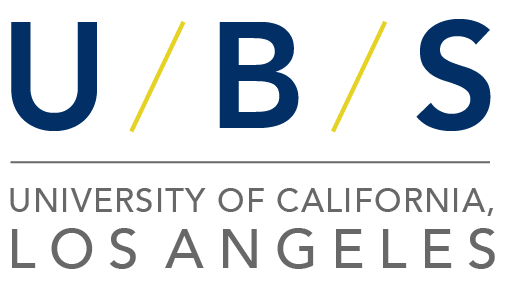What is consulting?
Consulting is a broad field of business that focuses on bringing solutions to companies experiencing issues. Unlike investment banking, marketing, or corporate finance, consulting focuses on improving the performance of an individual company through a hands-on approach, including working on-site with the client, and having access to internal company documents. Essentially, consultants are those that “solve” a client company’s problems (could include declining profits, innovation challenges, competitive threats, workforce conflict, technology transitions) and are the so-called “experts” leading the client to a solution. The illustrious reputation that usually accompanies consulting is what brings many to strive for a job in the industry as it presents high opportunities for growth, high impact, and of course, a high salary.
What are the different types of consulting?
There are several different types of consulting that are specific to each industry:
Management Consulting: What most people mean when they say “consulting.” This typically involves both strategy and operations of a client company. Travel is common and client-facing is the norm. Management consulting is possibly the most general type of consulting. Types of firms: McKinsey, Bain, Deloitte, EY, LEK, Strategy&.
Economic/Actuarial Consulting: This field of consulting focuses on risks, forensics, and at times, law, in the work they do. A highly quantitative skill set tends to be sought-after for this field of consulting. Travel is minimal and most of the work is done in the office. Example firms: Cornerstone Research, FTI Consulting, Oliver Wyman.
Human Capital or Organizational Consulting: This type of consulting deals primarily with the internal operations of a company. Where other types of consulting deal with how a company functions in a greater ecosystem, human capital consulting focuses on the company itself, including its management, labor force, compensation, and overall leadership structure as a whole. Travel is frequent and a lot of work is done on the client site. Example firms: Mercer, Deloitte Human Capital, AON.
Technology Consulting: One of the most popular subcategories of consulting today. This type of consulting deals with IT strategy, SAP/Oracle consulting, ERP implementation, and tech transitions/solutions overall. Candidates tend to come from a tech-focused background with knowledge substantial knowledge about the tech field. Travel tends to be common and work is done on-site as well. Example firms: Deloitte Tech, Accenture, IBM, Capgemini, Capco
Healthcare Consulting: Rapidly growing field of consulting. Healthcare consulting works primarily with healthcare providers, biotechnology/pharma companies, insurance firms, and essentially anything that deals with medicine or healthcare. Travel tends to be minimal, though it depends on the firm. Example firms: CB Partners, ZS Associates, Huron Consulting.
There are many more niche types of consulting — there really is something for everyone!
What are the 3 basic pieces of knowledge for consulting?
Practice. Practice. Practice. — Casing is a skill, and the more you work on it the better you get. Don’t expect to understand the intricacies of casing right away (although some do). Practicing your casing and presentation skills is the first step to securing a consulting offer.
Learn the basics — take some time to read a business strategy book, watch business strategy videos (youtube has a ton), and get up to date/familiar with current business news. You will definitely stand out to an interviewer if you demonstrate knowledge of the outside world and bring that extra knowledge to your interview.
Know what you’re getting yourself into — Consulting is not for everyone. It is a highly sought after, yet very demanding field, and it would be best for you to figure out what it really entails before you get blindsided by the prestige that it holds. Setting up calls with current consultants (across all types of consulting) and learning about the pros/cons and day-to-day of their jobs might give you some insight into your own career goals, whether consulting or not.
